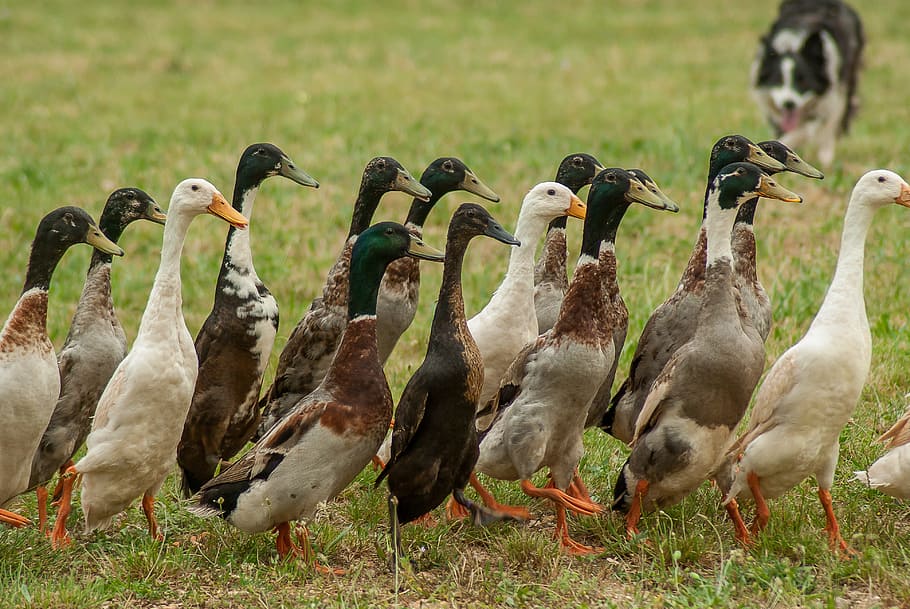Beijing: Pakistan has the habit of bending backwards to please China and get aid. However, Pakistan’s recent request floored China. Well, Pakistan asked for a large number of ducks… no not for any feast, but to tackle the locust infestation that is sweeping the country and destroying crops. So if you also have a large army of ducks, you can contact the Pakistani government and fill up your coffers.
China has obliged once again. It is planning to dispatch a 100,000-strong army of ducks to help Pakistan, a local newspaper reported here Thursday. Only problem is that ducks can also turn out to be carriers of coronavirus.
The legion of lotus-eating waterfowl will be sent from the eastern province of Zhejiang following the earlier dispatch of a team of Chinese experts to Pakistan to advise on a response to the infestation that is being called the worst in 20 years, the ‘Ningbo Evening News’ said.
China deployed ducks, whose natural diet includes insects, to fight a similar infestation in its northwestern region of Xinjiang two decades ago, reportedly with considerable effectiveness.
Their use is both much less expensive and environmentally damaging than the use of pesticides, the paper quoted ‘Zhejiang Provioncial Institute of Agricultural Technology’ researcher Lu Lizhi as saying.
Ducks are also more suited to the task than other poultry, such as chickens, Lu said. “Ducks like to stay in a group, so they’re easier to manage than chickens,” he said.
A duck is also capable of eating more than 200 locusts per day, compared to just 70 for a chicken, Lu said. “They have three-times the combat capability,” Lu added.
Calls to the provincial government press office seeking confirmation of the report went unanswered Thursday and a number provided for the publicity department at the agricultural sciences institute was constantly engaged.
Pakistan was invaded by the locust swarm last year, which proceeded to lay waste to the country’s cotton crop and is now menacing the wheat harvest.
Agencies
